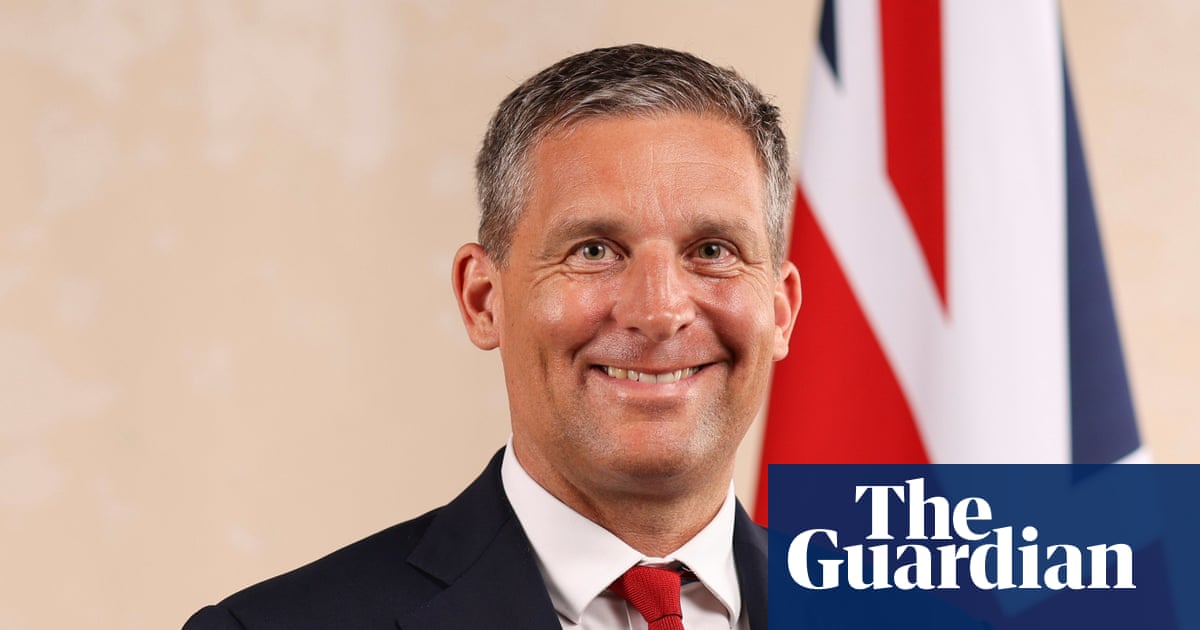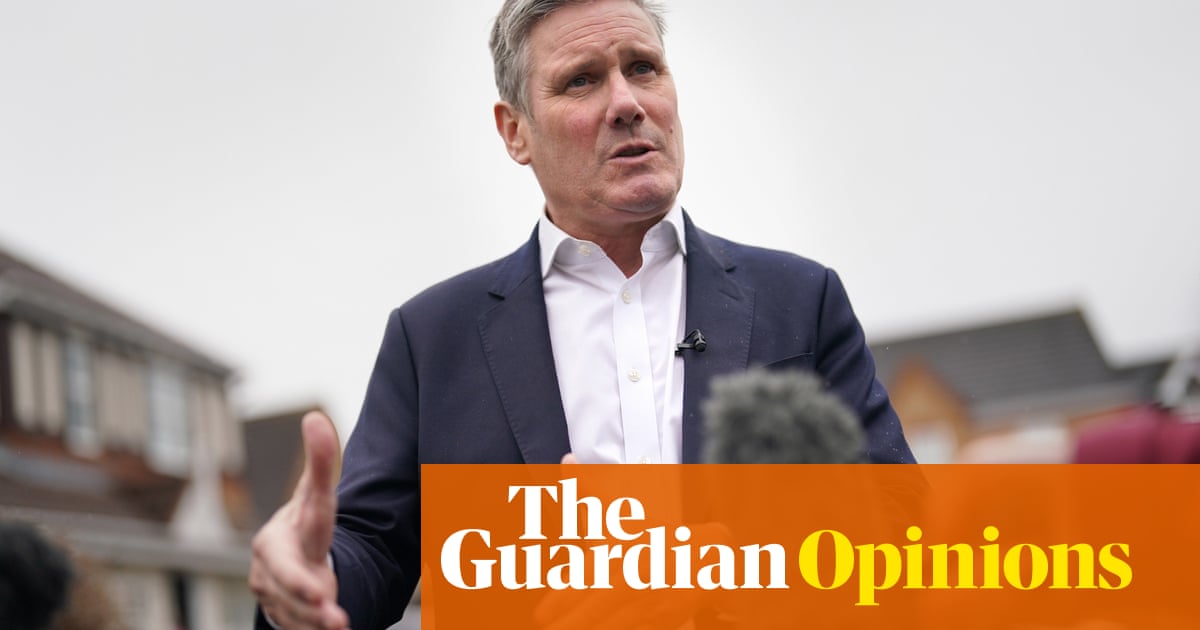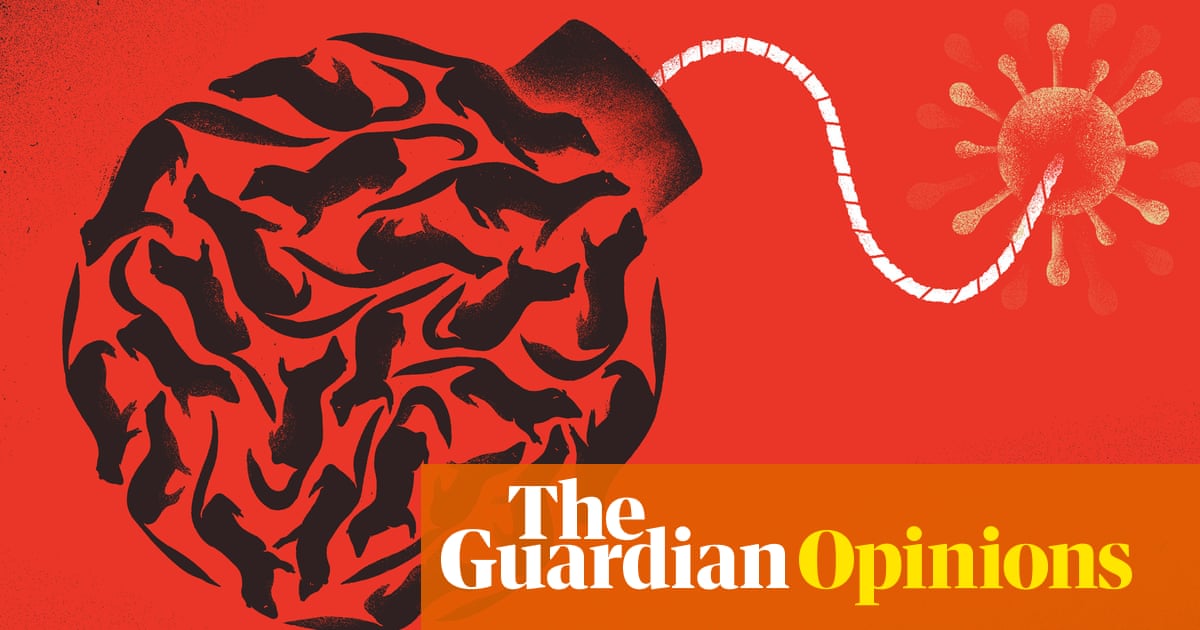
When well-known figures from the Labour frontbench made their way into No 10 on Friday to form Keir Starmer’s cabinet, there were few shocks. But since then there have been some surprises among the ranks of new ministers, several of whom are not MPs, and will take up their roles only after receiving peerages. So, who are the prime minister’s most eye-catching new team members?
Richard Hermer KC, attorney general
Richard Hermer KC
View image in fullscreen
The attorney general, Richard Hermer KC. Photograph: Anadolu/Getty Images
Hermer’s appointment was arguably Starmer’s most surprising move, as Emily Thornberry had shadowed in the role since 2021.
A human rights barrister at Matrix Chambers, Hermer, 56, has represented Afghan families in a public inquiry into the killing of 80 civilians by the SAS, and acted in inquests raising systemic failings in the custodial system.
But it will be his stance on the conflict in Gaza that will be most closely watched. Hermer has stated clearly that it is “almost impossible to conceive” how an Israeli siege that denied civilians food and water could be in compliance with international law.
He was one of several high-profile Jewish lawyers to call for Israel to be guided by the law in its response to the Hamas attacks on 7 October. Harmer warned Labour that the boycott, divestment, sanctions bill, designed to ban public bodies from boycotting Israel and other countries, would have “a profoundly detrimental impact on the UK’s ability to protect and promote human rights overseas”.
Hermer was described by his colleague Matthew Ryder as “a superb lawyer who will bring experience, judgement and legal acumen to the role”.
Sir Patrick Vallance, science minister
Sir Patrick Vallance
View image in fullscreen
The science minister Sir Patrick Vallance. Photograph: James Manning/PA
Vallance is perhaps the most familiar new face among Keir Starmer’s “goats” (government of all the talents). He will serve as a science minister in the Department for Science, Innovation and Technology, under the secretary of state, Peter Kyle.
Vallance, the government’s chief scientific adviser from 2018 to 2023, became a household name during the Covid pandemic, appearing at televised briefings almost daily for a time.
At the Covid inquiry in November last year, Vallance, 64, argued that lockdown should have come sooner and revealed that Boris Johnson’s grasp of science was weak. His appointment has sparked criticism from lockdown sceptics. Richard Tice, the chairman of Reform UK and the new MP for Boston and Skegness, said it was “a major conflict of interest and as such it’s disgraceful”.
James Timpson, prisons minister
James Timpson OBE
View image in fullscreen
The minister for prisons, parole and probation, James Timpson OBE. Photograph: Russell Hart/Alamy
The appointment of the rehabilitation campaigner and businessman – Timpson stores are best known for shoe repairs, key cutting and dry cleaning – has created a flurry of interest and has been hailed by prison reformers.
More than 10% of Timpson’s workforce are former prisoners, while the company has an “upside-down” management style where the 5,600 employees are in charge (it also gives workers a paid day off on their birthdays and use of the company limousine on their wedding day).
Timpson, 52, has argued that only a third of prisoners should definitely be in custody, saying in a TV interview earlier this year that “the UK is addicted to sentencing and punishment”, and arguing that systems in countries such as the Netherlands which use more community sentencing have lower reoffending rates.
Responding to the news, the best-selling author known as the Secret Barrister wrote on X: “This has the potential to be an absolutely incredible appointment. I need to sit down.”
Jacqui Smith, higher education minister
Jacqui Smith
View image in fullscreen
The higher education minister, Jacqui Smith. Photograph: David Levene/The Guardian
Smith is one of two former cabinet ministers who served under Tony Blair and Gordon Brown to have been given junior ministerial roles by Starmer. The former home secretary, who was the first woman to hold that role, will join the House of Lords to become higher education minister – a role she first held 25 years ago.
In 2009, Smith became the first cabinet minister to quit directly because of the expenses scandal after it was revealed that she had claimed for a pornographic movie apparently seen by her husband, and designated her sister’s property in London as her main home, instead of her family home in Redditch.
After losing her seat in the 2010 election, she competed on Strictly Come Dancing and co-hosted a political podcast with the Conservative broadcaster Iain Dale. She was chair of the University Hospitals Birmingham trust and since 2021 has been chair of Barts health trust in London.
Smith, 61, has also forged a career in public affairs, joining Westbourne Communications in 2015 and Higginson Strategy in 2019 as chair of its new women’s practice, Empower.
Douglas Alexander, trade minister
Douglas Alexander
View image in fullscreen
The trade minister and Labour MP for Lothian East, Douglas Alexander. Photograph: Katherine Anne Rose/The Observer
The former Scottish secretary, who returned as an MP on Friday, was made trade minister by Starmer within hours. An MP for Paisley and Renfrewshire South from 1997, he had been defeated by the SNP’s Mhairi Black, then just 20, in 2015.
Since then Alexander has pursued a career in academia, working as a visiting professor at New York University and King’s College London. He also worked alongside the U2 singer Bono to secure investment in development to tackle global poverty. The pair met as a result of Bono’s advocacy work when Alexander, 56, was serving as the secretary of state for international development and as governor of the World Bank. In May last year he accompanied Bono and his bandmate the Edge on a visit to Ukraine.












